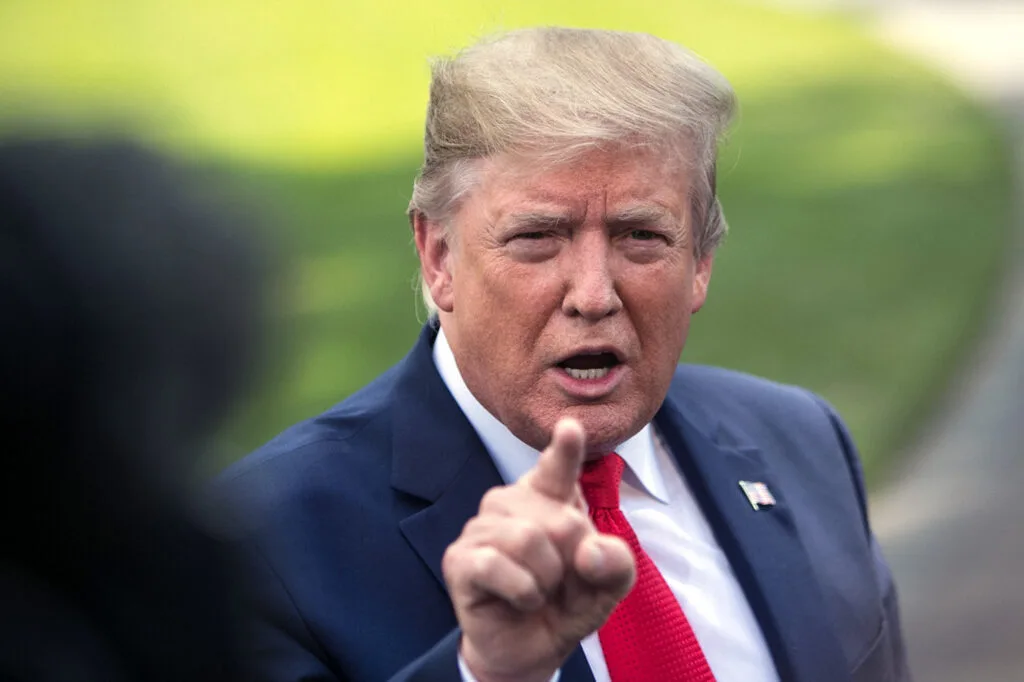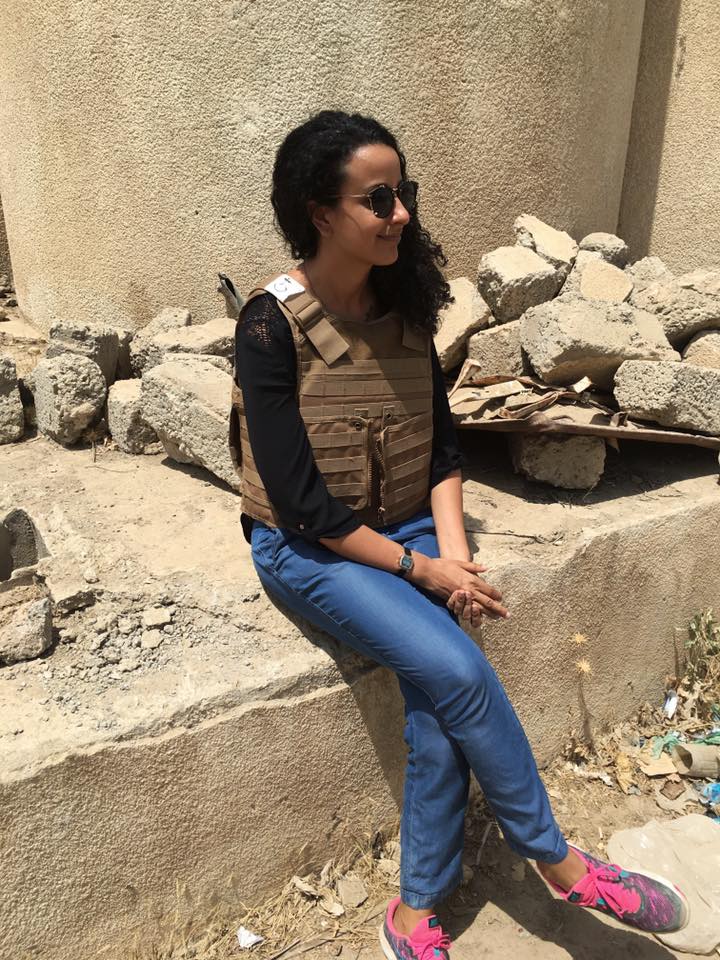Trump Vetoes Bills Aimed at Blocking $8.1 Billion Saudi Arms Deal

July 25, 2019
Share
President Donald Trump on Wednesday vetoed a trio of congressional resolutions aimed at blocking $8.1 billion of munitions to Saudi Arabia and the United Arab Emirates.
The House and Senate voted to block the major arms sale, which the Trump administration declared an emergency to push through. Neither chamber was able to garner the minimum number of votes to override an expected — now delivered — presidential veto.
With his vetoes, Trump gave a green light for thousands of laser-guided bombs and other advanced weapons to make their way to the U.S. allies in the Gulf region.
The Trump administration has insisted that the weapons are essential to countering a mounting Iranian threat in the region. In May, Secretary of State Mike Pompeo declared an emergency with Iran, stunning congressional members.
House Speaker Nancy Pelosi called the presidential veto “shameful,” and Rep. Eliot Engel, chairman of the House Committee on Foreign Affairs, said it “sends a grim message that America’s foreign policy is no longer rooted in our core values – namely a respect for human rights.”
The vetoes signal a willingness to continue to support Saudi Arabia despite actions that lawmakers have called into question.
“Saudi Arabia has been a long-term partner to the United States, but they crossed the line both in their conduct of the war in Yemen and in the murder of a Washington Post journalist in the most brutal and horrific way possible,” said Max Bergmann, a former State Department official who negotiated arms deals. “So, the idea that standing with that regime is vital to America’s national security interests is simply not the case. We are not reliant on Saudi Arabia for the security of the region.”
Lawmakers and international human rights experts alike are concerned that these weapons will make their way to the frontlines of the war in Yemen and exacerbate a devastating humanitarian catastrophe there.
Trump maintained that the weapons package will minimize civilian casualties in Yemen and blocking the arms sale will prolong the conflict. “The United States is very concerned about the conflict’s toll on innocent civilians and is working to bring the conflict in Yemen to an end,” he wrote in his veto message.
The Senate plans to hold a vote on Monday to override the vetoes.
“It is very rare for the president to push these kinds of deals on an emergency basis, and then for Congress to vote in both houses to block it, and then for the president to veto it,” said Bill Hartung, director of the Arms and Security Project at the Center for International Security. “There will be some reckoning in Congress on what avenues to pursue because Trump is clearly holding firm and backing the Saudis regardless of the air war in Yemen.”
For more on the Saudi arms deal, read our explainer.

Latest Documentaries
Explore
Policies
Teacher Center
Funding for FRONTLINE is provided through the support of PBS viewers and by the Corporation for Public Broadcasting, with major support from Ford Foundation. Additional funding is provided the Abrams Foundation, Park Foundation, John D. and Catherine T. MacArthur Foundation, Heising-Simons Foundation, and the FRONTLINE Trust, with major support from Jon and Jo Ann Hagler on behalf of the Jon L. Hagler Foundation, and additional support from Koo and Patricia Yuen. FRONTLINE is a registered trademark of WGBH Educational Foundation. Web Site Copyright ©1995-2025 WGBH Educational Foundation. PBS is a 501(c)(3) not-for-profit organization.



















